New strikes at some public transport companies
Staff at regional public transport companies will strike again.
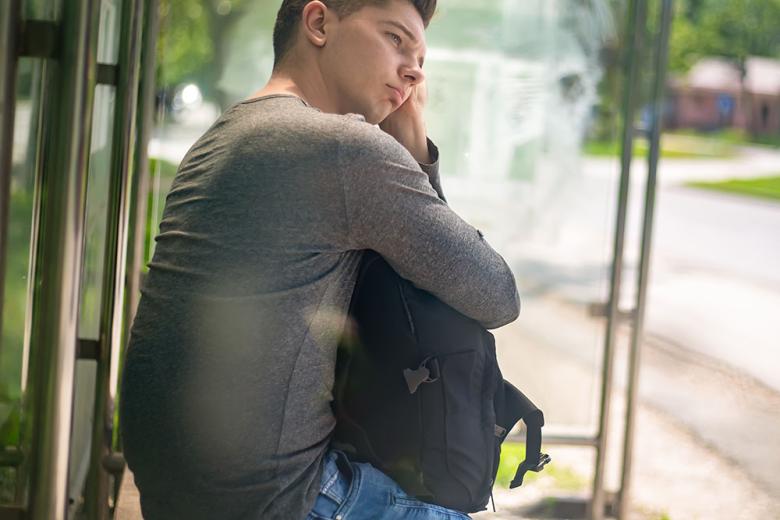
Staff at regional public transport companies will strike again.

During the 47th Dies Natalis several FASoS students received an award for their theses that were labeled excellent by their faculty.

Sabine van Rijt, principal investigator at Maastricht University’s MERLN Institute, has received a prestigious European grant of two million euros for her research project Nano4Bone. The ERC Consolidator Grant has a term of five years.

Since September 2022, Prof. dr. Andrea Broderick holds the UNESCO Chair in Human Rights and Peace. This Chair aims to connect human rights to issues of societal relevance by focusing primarily on economic, social and cultural rights within the context of processes of globalisation.

Sometimes, there can be an unfortunate disconnect between human rights research at universities, and the rest of the world. Let’s Talk Human Rights is a video and podcast series aiming to bridge that gap.
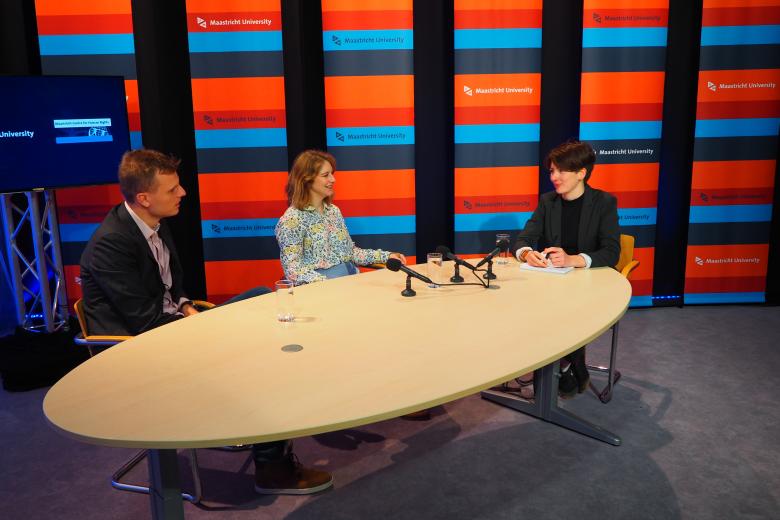
On 1 September 2022, Joost Sillen was appointed professor of constitutional law. His research focuses on current constitutional law and its foundations, always in relation to recent developments. In particular, he researches the 'resilient constitutional state'.
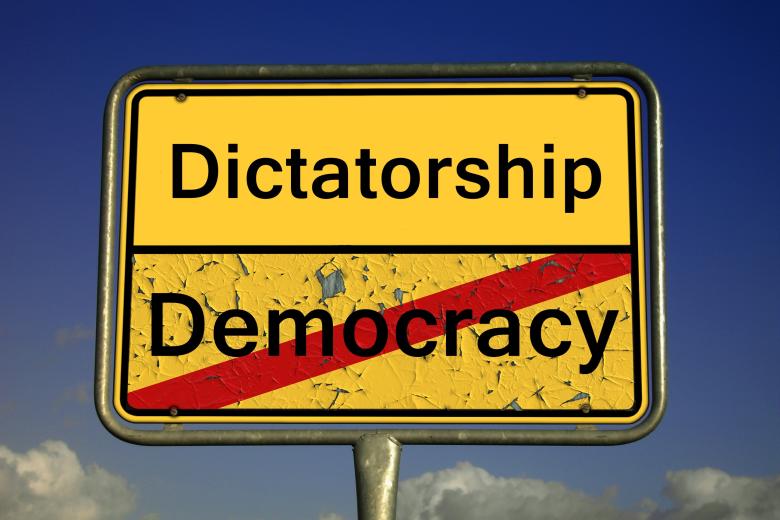
Over 40 years ago, Maastricht University Faculty of Law was the first law faculty to employ Problem-Based Learning as its underlying learning philosophy. The education of both bachelor and master students lies at the core of the Faculty.

Last spring, we, Anna, Constanta, Haiyang and Naz, were elected by the Faculty of Law as PhD representatives. Thus far, it has been an exciting experience!
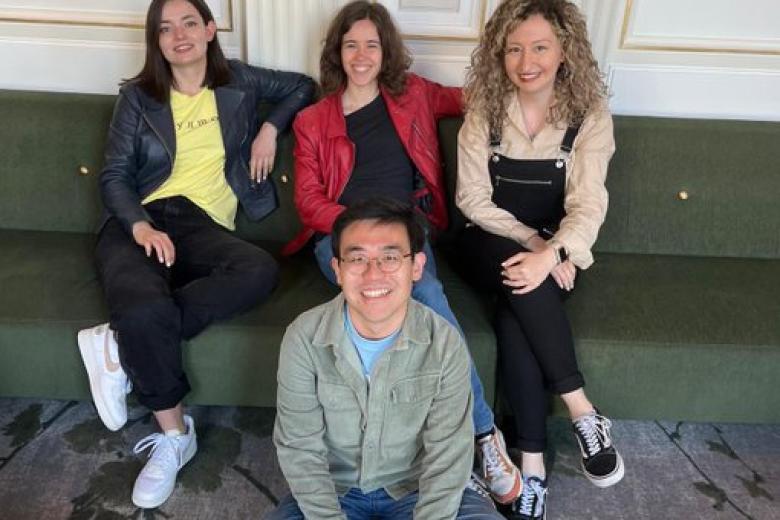
CHAINLAW aims to develop a novel legal language for Global Value Chains (GVCs). GVCs are the trade structures underlying the production of commodities and the offering of services. While GVCs have been intensively studied in the social sciences, they are largely unknown as legal categories.
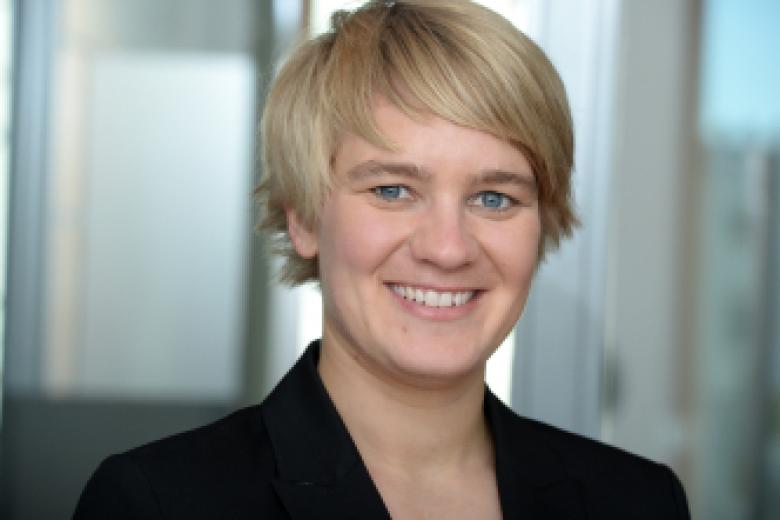
Most of our planet’s land is held in private ownership. Since the French Revolution, this has meant that the owner is free to do with their land as they see fit.
